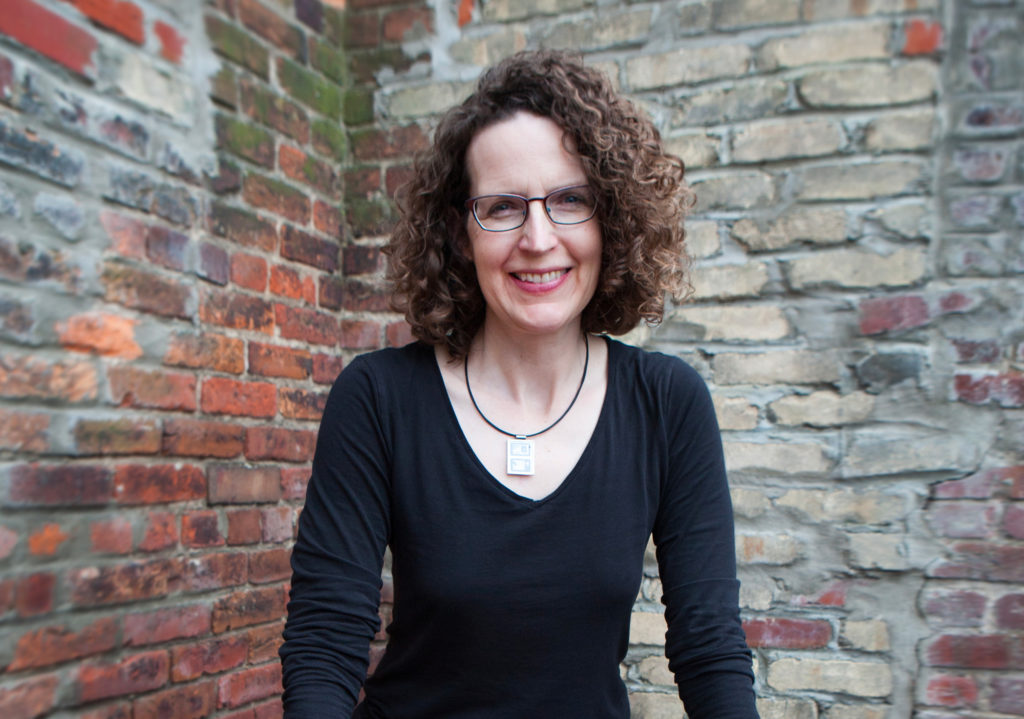
It’s no secret that I’m not a very good member of my book club. I tend to read the book late if I read it at all. I go for the company (smart, friendly) and the wine (why not?). The latest book I didn’t read is A Reliable Wife by Robert Goolrick, which got raves from those who actually had read it.
The book club loved many things about it but especially loved the plot, which sounds like a corker. One friend, who’s also a novelist, said, “It’s the kind of plot that must have been a lot harder to write than it is to read.” That led to a pretty interesting conversation about whether so-called literary writers decided somewhere along the line that plot was beneath them and that anybody with an MFA ought to focus on more sophisticated artistic concerns. Why write a murder mystery when you can forge in the smithy of your soul the uncreated conscience of your race?
Here’s my theory: It’s not the desire to be James Joyce or Virginia Woolf that drives a lot of writers away from plot. It’s fear. Plot’s the scaffolding of a story. (Hence the picture above.) And it’s hard to build right. Plot derailed my first novel–I’ll try this, and this, and hey what about throwing that twist in too?–and I’ve spent a lot of time thinking about it as I work on my second.
I don’t worry that not enough will happen in this one. I worry that too much will, or could–that I’ll come up with a storyline that looks like an alluvial delta, with events and subplots that fan out in all directions and take the characters and the reader nowhere.
As I said on Twitter, How did anyone write novels before the Internet told us how to do it? Many advice-dispensers stand ready to show the uncertain how plotting’s done. Learn the “Six Vital Signs of a Healthy Plot.” (“Want + Obstacles = Tension”). Take “4 Steps for Organizing Plot Ideas Into a Novel.”
If this kind of advice works for you, I’m not going to tell you not to take it. I’m not crazy about formulas, maybe because they seem bloodless and recipe-like: Combine a three-strand conflict, throw in an obstacle or two, and voila! Your plot’s ready to serve. But, as I said, if that works for you, great. And maybe you’re writing a character-driven or mood-driven book and you don’t really care about plot at all. I can live with that too. The best writing advice I can give you is not to take writing advice too much to heart.
At book club, Kate, the novelist I mentioned earlier, said something about plot that I did think was useful. When she encounters trouble with a plot, she said, it often turns out she doesn’t really know her characters yet. If you don’t know someone, how can you figure out what they’ll do? That’s the most useful plot-related advice I’ve come across lately.

